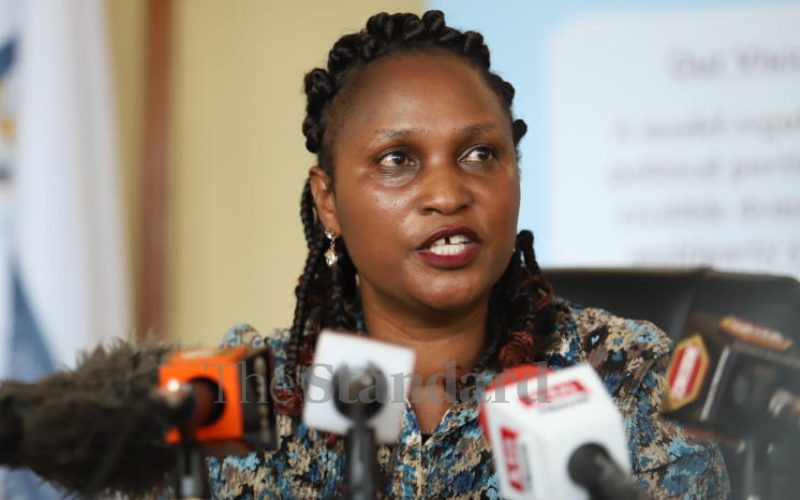
Kenyans elect their new leaders today. The Independent Electoral and Boundaries Commission (IEBC) registered and published a total of 16,100 candidates to vie for all the six elective positions via Kenya gazette notice CXXIV No. 129 "A" dated July 1, 2022.
A deeper statistical analysis of the list shows that 11,574 candidates are fronted by 78 registered political parties while 4,526 are independent candidates save for a number of cases challenging the registration of candidates still being active in various courts. This number compares to the 14,543 candidates registered in the 2017 General Election.